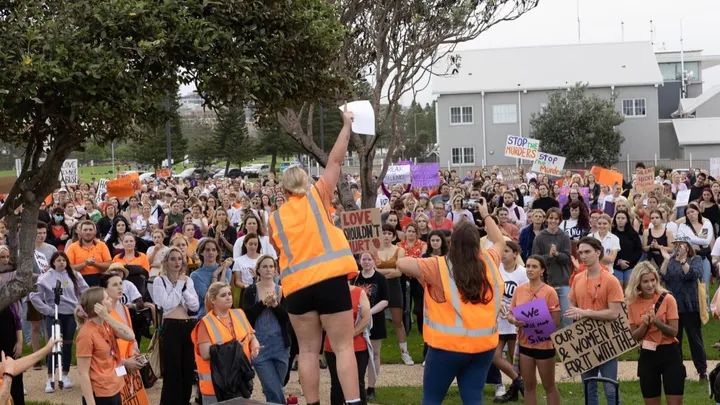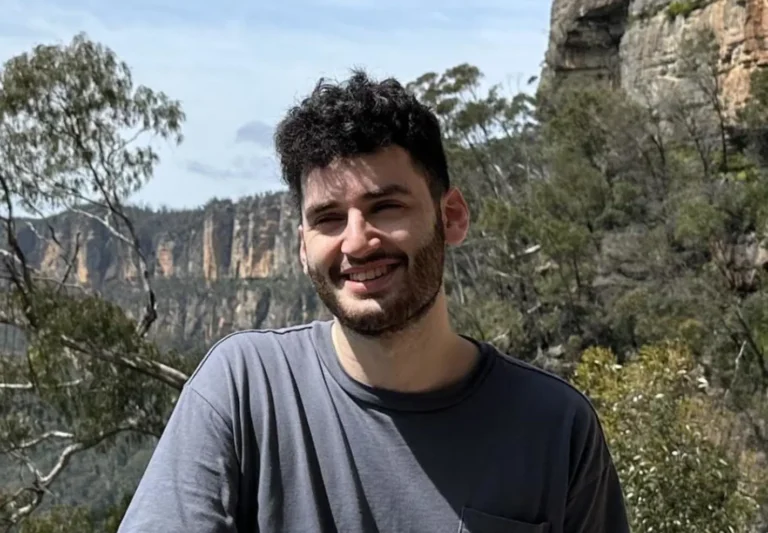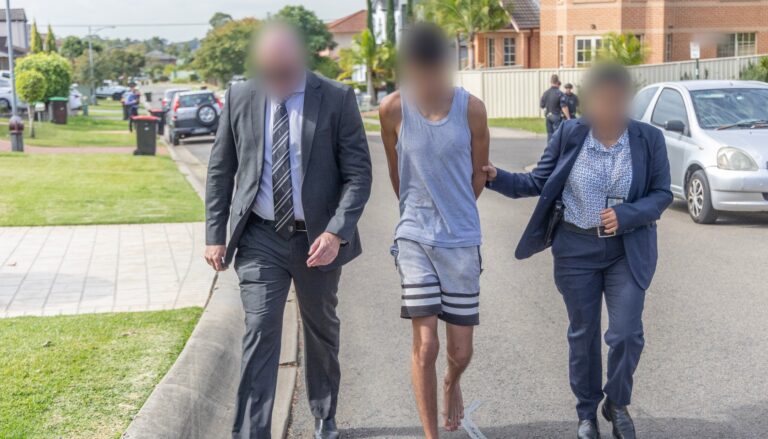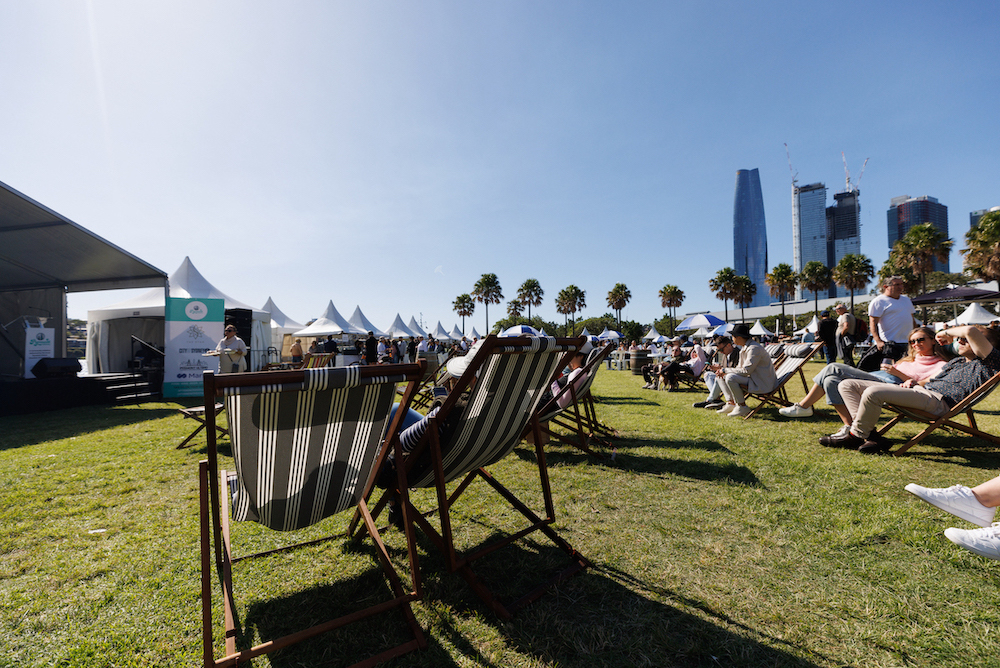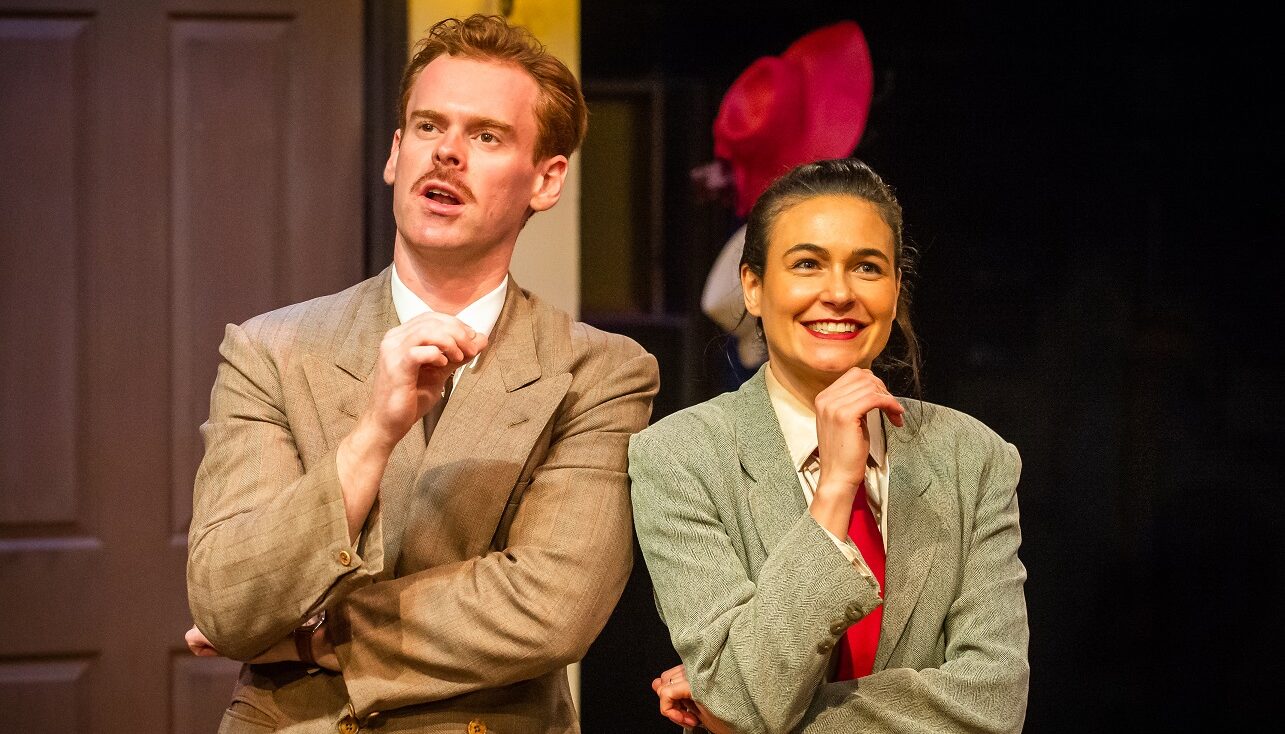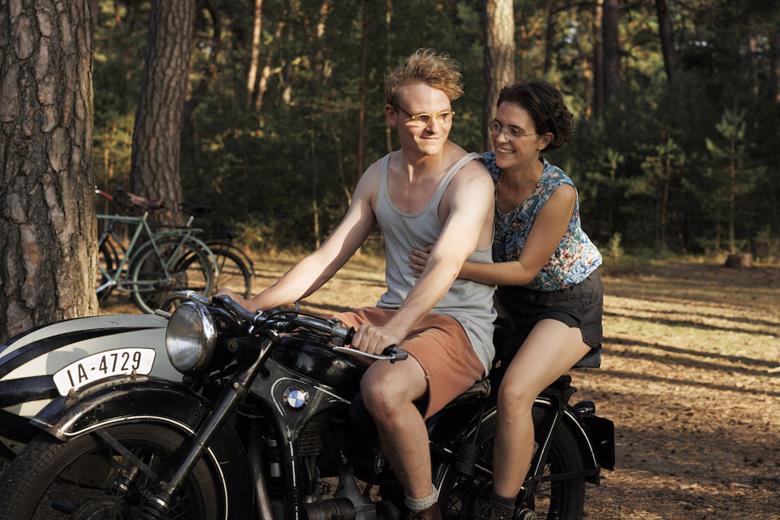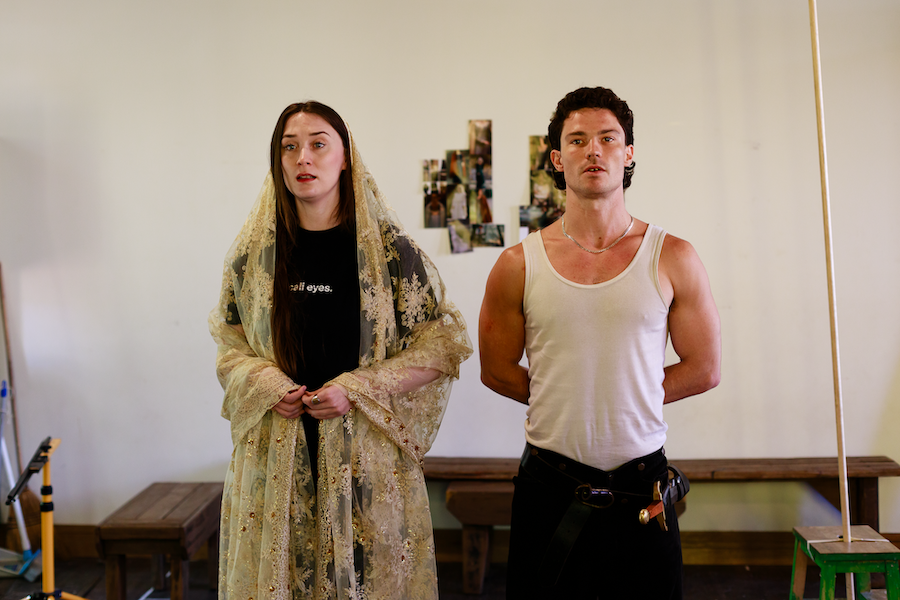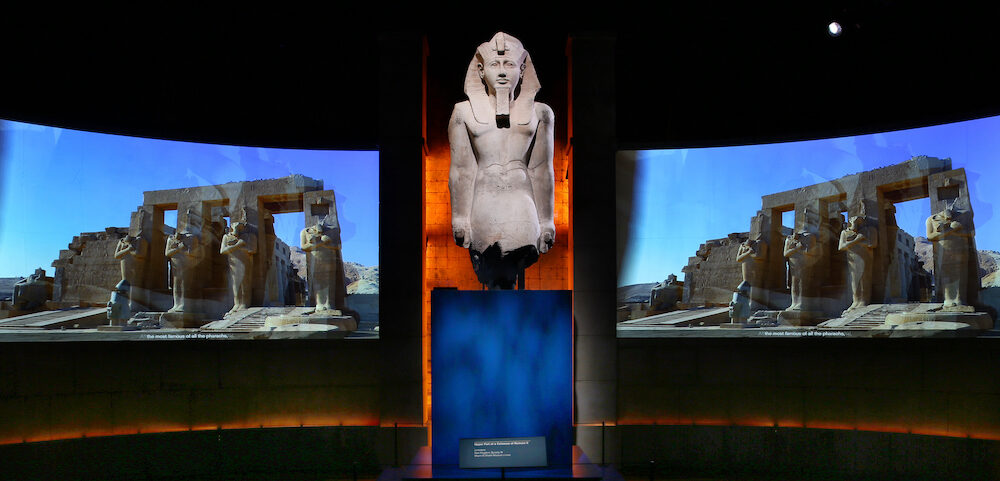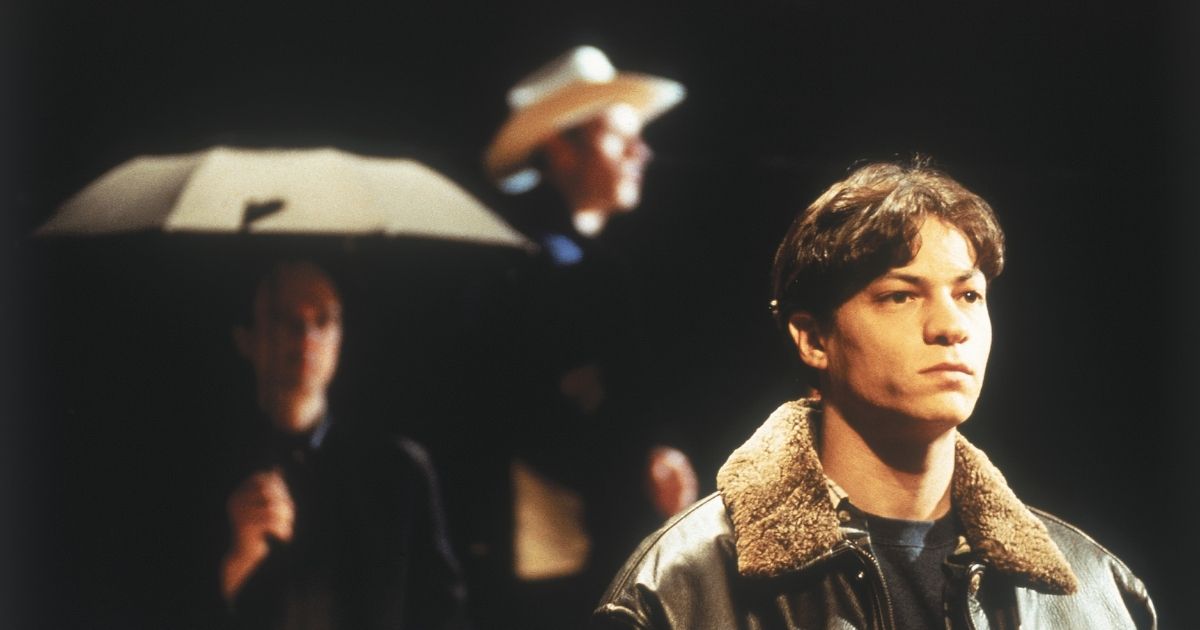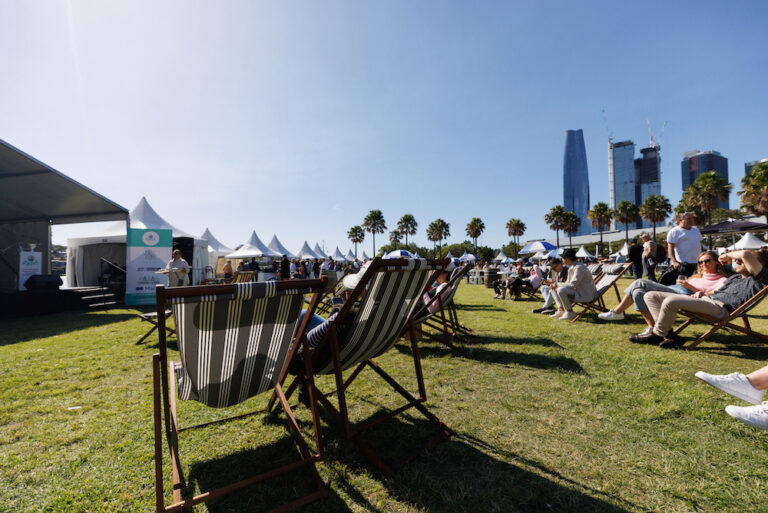
Technological Ticket Terror

“During the recent Justin Bieber tour we had a whole family travel from New Zealand to Sydney who couldn’t get access to the sold out event because they had purchased fake tickets. To hear the story of a family standing there with their kids in tears and suffering the embarrassment of being turned away at the gates is incredibly disheartening for us.”
That was just one horror story about online ticket scalping told to us by Frontier Touring COO Dion Brant.
Whether it’s price gouging fans or even worse the sale of ‘fake’ tickets the horror stories from music fans, promotors and musicians are endless.
Jessica Krishnaswamy, the Co-Founder/Festival Director at FOMO Festival and Co-Founder/General Manager at BBE, told City Hub of recent experiences she had during FOMO Festival in January.
“We had over 500 kids turned away at the gates due to buying fake or photoshopped tickets via platforms like Viagogo, Ticketmaster Resale and Gumtree.”
For Mrs Krishnaswamy and many other promotors like her the most distressing part about hearing these stories is knowing that not only have genuine fans paid exorbitant prices for tickets but because a show is already sold out there is literally nothing they can do to help.
Ticket resale or scalping is certainly not a new phenomena but now with the anonymity of the internet some individuals and businesses are taking full advantage.
Where previously tickets could only be purchased physically it was much more difficult to on-sell an illegitimate ticket but now with the advent of digital and print-at-home tickets it is much easier for fake tickets or multiples of a single legitimate ticket to be sold online.
As Ben Dennis from Myriad Management explained, “Consumers are becoming disillusioned with the ticket buying process because what once was a straight forward process where you buy a ticket via the official sales platform is now a very confusing affair.”
This confusion is only heightened when you search online for tickets due to the ever increasing number of resale sites which are not only available but often placing at the top of search results. According to Mr Dennis this occurs because, “Viagogo in particular spend tens of millions per year on advertising to make sure they appear as the first result.” Consequently consumers are regularly paying well over the face value for tickets.
When asked about the inflated pricing often seen on their site Viagogo said, “where demand is high and tickets are limited, prices increase.”
This is an argument often put forward to justify the inflated prices but musician Reuben Styles, who is one half of electronic music act Peking Duk, countered that argument by saying, “we go to great lengths to ensure our shows are set at an affordable price for everyone.” This mindset often means artists will set their prices below market value intentionally so that more fans can enjoy the experience.
Whilst it can be incredibly hard to put an exact number on the economic impact of scalping, it is certainly a significant one. For the promoters and artists a fan having a bad experience can erode that fan’s confidence and trust which then damages the brand of both the promoter and artist.
As Mr Brant explained, “on a more anecdotal basis when someone pays $100 or $200 too much for a ticket that means they don’t have that money to spend on the next show. So that means people come less often and there is less money going back into the industry or artists to produce new shows and records.”
Requirements have been put into place to reduce the incidence of illegitimate ticket sales.
It is now a requirement in NSW that identifying information such as row, section and seat number as well as the face value of each ticket being resold is prominently displayed so that the buyer can make an informed decision.
These requirements also allow for the ticket resale platforms or promotors to verify the legitimacy of tickets and ensure they are not being sold multiple times, this is however an incredibly time consuming and costly process which cannot always be carried out.
Mr Brant and Mrs Krishnashwamy both understand that reselling tickets is occasionally a necessity but called for stronger legislation to protect consumers.
The first action they would like to see taken is to cap the resale of tickets at a reasonable price above face value, ideally somewhere between 10-20 percent, with hefty fines for anything above this.
Until this more stringent legislation is put into place music fans need to be cautious and only buy from the official ticketing portals.
